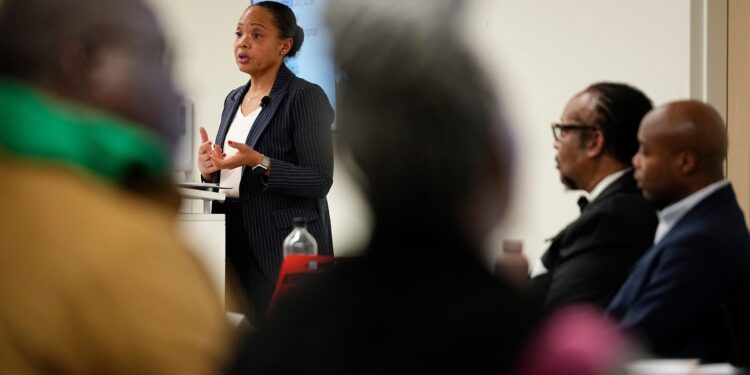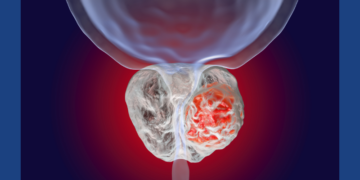June 11, 2025 Story by: Editor
U.S. Health and Human Services Secretary Robert F. Kennedy Jr. dismissed all 17 members on June 9, of the CDC’s Advisory Committee on Immunization Practices (ACIP), including Columbus–Franklin County Health Commissioner Dr. Mysheika Roberts. ACIP, an independent expert panel founded in 1964, offers critical guidance on vaccine usage in the U.S.—a practice unchanged until this unprecedented shakeup.
Who is Dr. Mysheika Roberts
Dr. Roberts, appointed to ACIP in late 2024 under the Biden administration, was among several public health leaders set to begin serving this July. A pediatrician by training, she has served Columbus as its health commissioner since 2017, after over a decade in local public health leadership roles. Known for her evidence-based approach and community-centered initiatives, consistent with ACIP’s standards.
What Prompted the Firings?
In an op-ed published in The Wall Street Journal, Kennedy accused ACIP members of harboring conflicts of interest and acting as a “rubber stamp” for pharmaceutical companies. He described the sweep as a “clean sweep…to re‑establish public confidence in vaccine science.”
Critics, however, noted that ACIP members are vetted for financial disclosures and that the group operates with transparency and evidence-based voting procedures.
Roberts Speaks Out
In an official statement shared with media, Dr. Roberts said:
“As health commissioner and a physician, I am deeply concerned that the entire 17‑member Advisory Committee…was dismissed. For more than 60 years, this panel…has followed the science to provide vaccine recommendations…This decision will create confusion and sow additional mistrust in the experts—and vaccines—that protect the health and safety of children, families and our entire community.”
Her response echoes concerns voiced by public health leaders nationwide about potential damage to vaccine confidence.
Wider Reaction
- Public Health Experts
Groups like the American Academy of Pediatrics and American Medical Association called for a Senate investigation, warning the move undermines decades of vaccine trust. - CDC Leadership & Scientists
Former CDC personnel highlighted that ACIP’s transparent vetting ensures unbiased expertise, and removal threatens institutional integrity. - Lifestyle & Treatment Providers
Many physicians reported patient confusion after June’s COVID-19 guidance change—citing this latest disruption would further muddy trusted recommendations.
Policy and Practical Impacts
- Unclear Vaccine Guidance
With ACIP’s dissolution, the CDC and providers may lack stable long-term recommendations, affecting routine immunization and outbreak response plans. - Measles, Polio, and Emerging Threats
The U.S. is experiencing its worst measles outbreak in decades, and ACIP was scheduled to review vaccine boosters this month—a delay could affect disease containment efforts. - Insurance and Coverage Implications
ACIP’s endorsed vaccines are typically covered by insurers. Without it, objections over coverage for new immunizations may arise.
What’s Next?
- New Panel Appointments
Kennedy has pledged to fill 8 newly mandated seats with “highly credentialed” experts, avoiding “ideological anti-vaxxers.” Full membership numbers and specialties remain unknown. - Congressional Response
Legislators from both parties have expressed interest in holding hearings to evaluate the legitimacy of the move and its impact on U.S. public health systems. - Early-July Meeting Outcome
The remade panel is expected to convene in late June to discuss COVID and RSV strategies. The knowledge gap before that meeting is fueling worry over missed immunization opportunities.
Why It Matters
The abrupt purging of ACIP signifies a seismic shift in U.S. immunization governance. With a measles outbreak underway, schools resuming classes, and evolving vaccine science, destabilizing trusted infrastructure threatens public health resilience.
Dr. Roberts’ dismissal underscores the personal and institutional stakes, spotlighting the broader tension between political conviction and empirical guidance in national health policy.
















